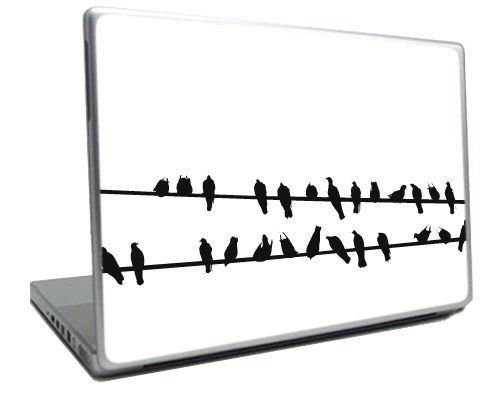Something that I’ve noticed and kept tabs on in recent months is the preoccupation with influence in social media, specifically how to measure it. Since we’re in the business of locating influencers and running campaigns to build relationships with them on behalf of our clients, I’ve keeping a close eye on emerging tools for identifying said influencers and determining, well, just how influential they are (BTW, here’s a really great infographic that maps out influencer ecosystems and roles).
 One of those first tools out of the gate that so many in the social media world have been chattering about lately is Klout. Klout started out as a tool that measured a person’s influence based on Twitter only, which caused a bit of a stir from those who rightly thought that influence should not be determined by tweets alone. So, they added Facebook and, most recently, LinkedIn to the mix of profiles that help calculate a person’s Klout score. They also added the ability for others to give you Klout (or +K) in a certain topic – which is certainly a step in the right direction in terms of how influential others think you are. Klout is now starting to emerge as the tool for measuring social influence.
One of those first tools out of the gate that so many in the social media world have been chattering about lately is Klout. Klout started out as a tool that measured a person’s influence based on Twitter only, which caused a bit of a stir from those who rightly thought that influence should not be determined by tweets alone. So, they added Facebook and, most recently, LinkedIn to the mix of profiles that help calculate a person’s Klout score. They also added the ability for others to give you Klout (or +K) in a certain topic – which is certainly a step in the right direction in terms of how influential others think you are. Klout is now starting to emerge as the tool for measuring social influence.
Well, almost.
When we think of social media, straight away we think of Twitter, Facebook and LinkedIn, right? But when we talk about social media influence (or, better yet, social influence), we’re talking about an animal of different stripes. Social influence isn’t just gauged by the “Big 3” social networking sites, it’s gauged by your entire social sphere and how your network is engaging with you. Influence in a certain topic shouldn’t necessarily be determined by how often you tweet about that topic, either (case in point – Klout has determined that our own Mitch Arnowitz is influential about ice cream and I’m influential about cars) – it should take into consideration other sources of content you’ve posted about the topic.
In terms of how they should be measuring influence, here’s what I hope to see from Klout in the near future:
Blogs
- Ability to add your blog to your Klout profile to help determine score and influence in certain topics based on readers’ level of engagement with your blog (i.e. shares of posts, comments, Facebook Likes).
- Ability for your blog readers to +K your blog posts for certain topics (imagine a +K button you can add to your blog).
- Consideration of the comments you leave on other blogs (determined by services like Disqus).
- Consideration of posts in LinkedIn groups and how many people Like or comment on those posts.
- Consideration of Answers you’ve provided on LinkedIn and how many were chosen as “Best” to determine topic influence.
- Ability for companies to add their company pages.
- Ability for companies to add their Facebook pages.
Other social networks
- Ability to add your Quora profile so Klout can analyze your answers to questions to help determine topic influence.
- Ability to add your profiles from location-based services like Foursquare or Gowalla to factor in friends, tips (and how many people have “done” the things your tips mention), mayorships, badges. This might help to determine local influence. Update July 14: Klout has added Foursquare as one of the services affecting scores. No details on what kind of activity affects it (natch), but apparently they’re still trying to figure that out.
How do you think Klout should measure social influence and what should they be taking into consideration?

